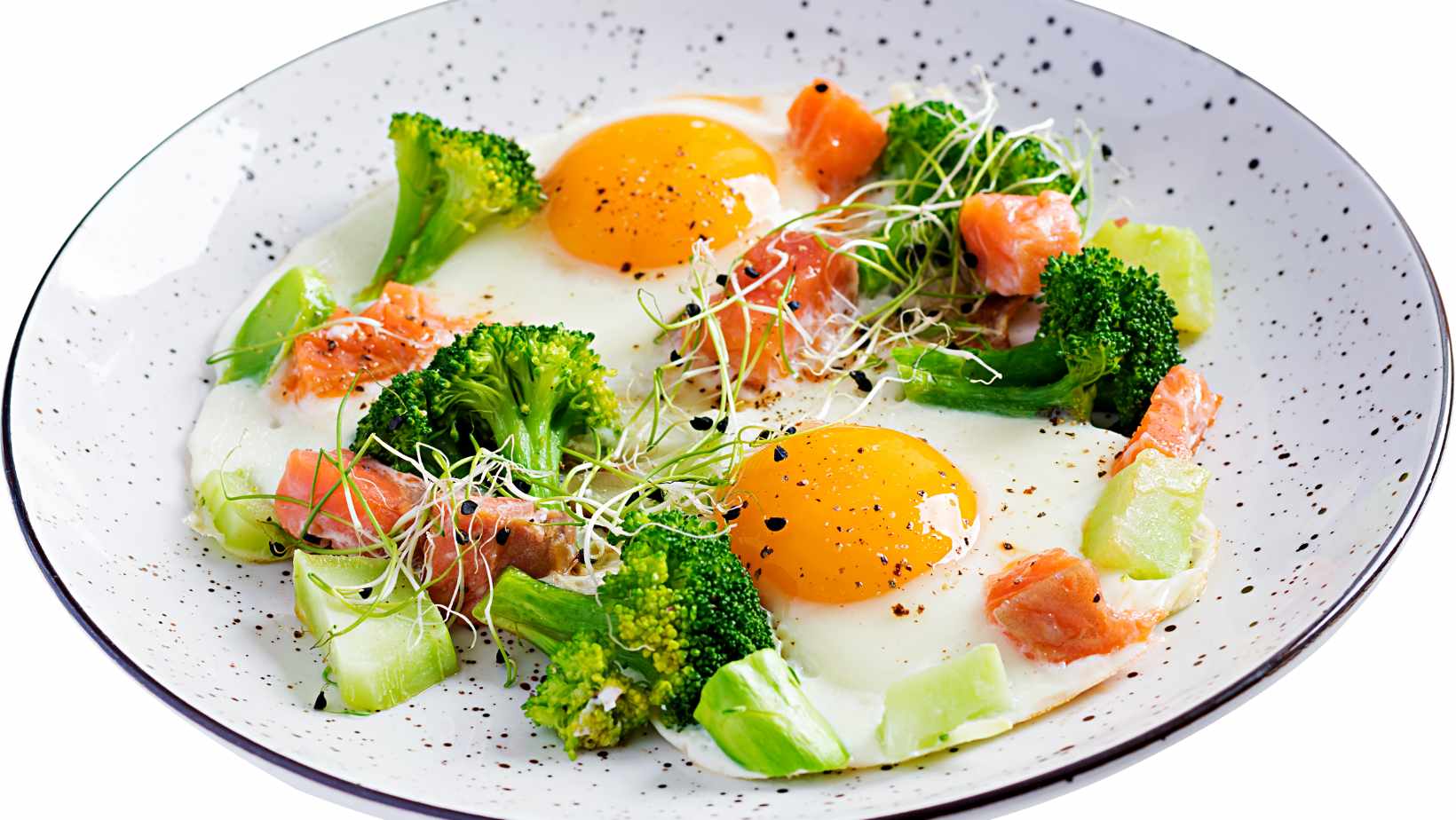
If you’re someone who struggles to incorporate vegetables into your diet, but still want to give the keto diet a try, you’re not alone. Many people find it challenging to embrace a low-carb, high-fat eating plan when they don’t particularly enjoy vegetables. However, with a little creativity and some smart choices, it’s possible to follow the keto diet even if you’re not a fan of veggies.
One key strategy for vegetable haters on the keto diet is to focus on non-starchy alternatives that still provide essential nutrients while keeping carb intake in check. Foods like avocados, olives, and nuts can be excellent sources of healthy fats and fiber without the need for leafy greens or cruciferous vegetables. Additionally, incorporating protein-rich foods such as eggs, fish, and poultry can help satisfy your dietary needs without relying heavily on vegetables.
Keto Diet For Vegetable Haters
Benefits of the Keto Diet
The keto diet, short for ketogenic diet, has gained popularity in recent years due to its potential benefits for weight loss and overall health. One of the main advantages is its ability to promote fat burning by forcing the body into a state of ketosis, where it relies on ketones as an alternative source of energy instead of carbohydrates. This metabolic shift can lead to significant weight loss and improved insulin sensitivity.
Moreover, following a keto diet can also provide other health benefits beyond weight management. Research suggests that it may help reduce inflammation, improve brain function, and even lower the risk of certain chronic conditions like heart disease and type 2 diabetes.
Common Misconceptions about the Keto Diet
While the keto diet offers numerous benefits, there are some common misconceptions that might deter vegetable haters from giving it a try. One misconception is that the keto diet is solely focused on consuming high amounts of meat and fats while completely avoiding vegetables. However, this is not entirely true.
Although low-carb vegetables are typically restricted in larger quantities due to their carbohydrate content, they can still be incorporated into a well-rounded keto meal plan. Vegetables such as leafy greens (spinach, kale), cruciferous veggies (broccoli, cauliflower), and avocados are low in carbs but rich in essential nutrients like fiber, vitamins, and minerals.
Keto-Friendly Protein Sources for Vegetable Haters
When it comes to following a keto diet, many people struggle with incorporating enough protein into their meals, especially if they aren’t fans of vegetables. But fear not! There are plenty of keto-friendly protein sources that can satisfy even the most ardent vegetable haters. Here are some options to consider:
- Meat and Poultry: Lean cuts of meat and poultry are excellent sources of protein and healthy fats, making them perfect for a keto diet. Opt for chicken breast, lean beef, turkey, or pork loin to keep your protein intake up without relying on vegetables.
- Fish and Seafood: Not only are fish and seafood rich in protein, but they also provide essential omega-3 fatty acids. Salmon, tuna, shrimp, and mussels are all great choices that will boost your protein levels while keeping you in ketosis.
- Eggs: Eggs are a versatile and affordable source of high-quality protein. They can be prepared in various ways like scrambled, boiled or in omelets – providing you with a nutrient-packed meal without any veggies.
- Dairy Products: If you’re not lactose intolerant or following a strict dairy-free keto diet plan, dairy products like cheese (cheddar, Swiss), Greek yogurt (plain), cottage cheese (low-fat), and whey protein powder can help meet your daily protein goals.
- Nuts and Seeds: While not as high in protein as animal-based sources, nuts such as almonds and walnuts contain beneficial fats along with some plant-based proteins. Chia seeds and hemp seeds are also worth considering due to their impressive nutritional profile.
- Plant-Based Protein Powders: For those who prefer plant-based options or have dietary restrictions on animal products altogether; there is an array of vegan-friendly powders available such as pea protein powder or soy protein isolate which can be incorporated into smoothies or other recipes.
Remember, it’s important to choose high-quality sources of protein to ensure you’re getting all the essential amino acids your body needs. It may also be helpful to consult with a registered dietitian or nutritionist who can provide personalized guidance based on your unique dietary preferences and goals.
Incorporating these keto-friendly protein sources into your meals will not only help you stay in ketosis but also provide the necessary nutrients for optimal health, even if vegetables aren’t your thing. So go ahead and enjoy a protein-packed keto diet without worrying about missing out on those leafy greens!

